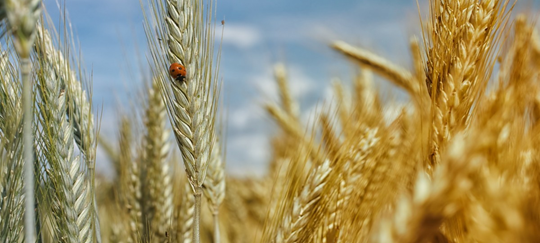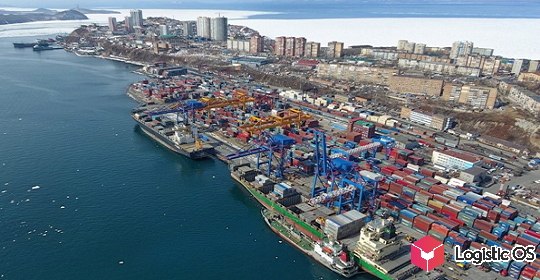Europe expects this year’s soft wheat harvest to be even worse than previously expected. The reason for this is unfavorable weather conditions.
European analysts note that spring sowing this season is significantly hampered by the weather.
For example, in France there are rains that slow down the process. Over the week, the area sown with barley, for example, increased by only 1%.
The same thing happens with wheat. At the same time, so far only 27% of the areas allocated for it have been sown with barley, that is, only a quarter of the work has actually been completed.
There were similar problems in Germany, but they are currently being partially overcome: the land is drying out.
All this influenced the decision of the consulting firm Strategie Grains to lower its forecasts.
It previously expected EU soft wheat production this year to be 122.6 million tonnes, although the previous forecast, published recently, contained a figure of 122.7 million tonnes.
This is significantly less than last year’s actual harvest of 125.8 million tons.
As for rapeseed, analysts also expect a decrease in yield.
It is planned that the total harvest of this crop in the EU countries could reach 18.3 million tons. This is 0.1 million tons less than the previous forecast given by experts from the Strategie Grains agency.
If we compare with the results of last year, the decrease could be significant, up to 1.6 million tons.
Such dynamics will be observed in all EU countries, but the decline may affect Romania and Poland the most.
In this case, the lack of domestic oilseeds can be replaced by imports from Ukraine and Australia.
Grain prices remain low
They are currently at local minimums over the past 3 years. For example, wheat is currently trading at around 184 euros per tonne.
Low prices are very worrying for European farmers.
One of the reasons for their decline is competition with other manufacturers.
For example, for European wheat producers the problem is high supplies from Russia and Ukraine, for soybean producers — a good harvest and active exports from Brazil and Argentina.
The same can be said for corn.
It turns out that the European agricultural sector is under pressure from two sides at once: weather conditions reduce the potential harvest, and competition with other countries forces prices to decrease, which significantly worsens profitability.
At the same time, the cost of production is also rising, which may force some farmers to decide to suspend their activities altogether, experts warn.

